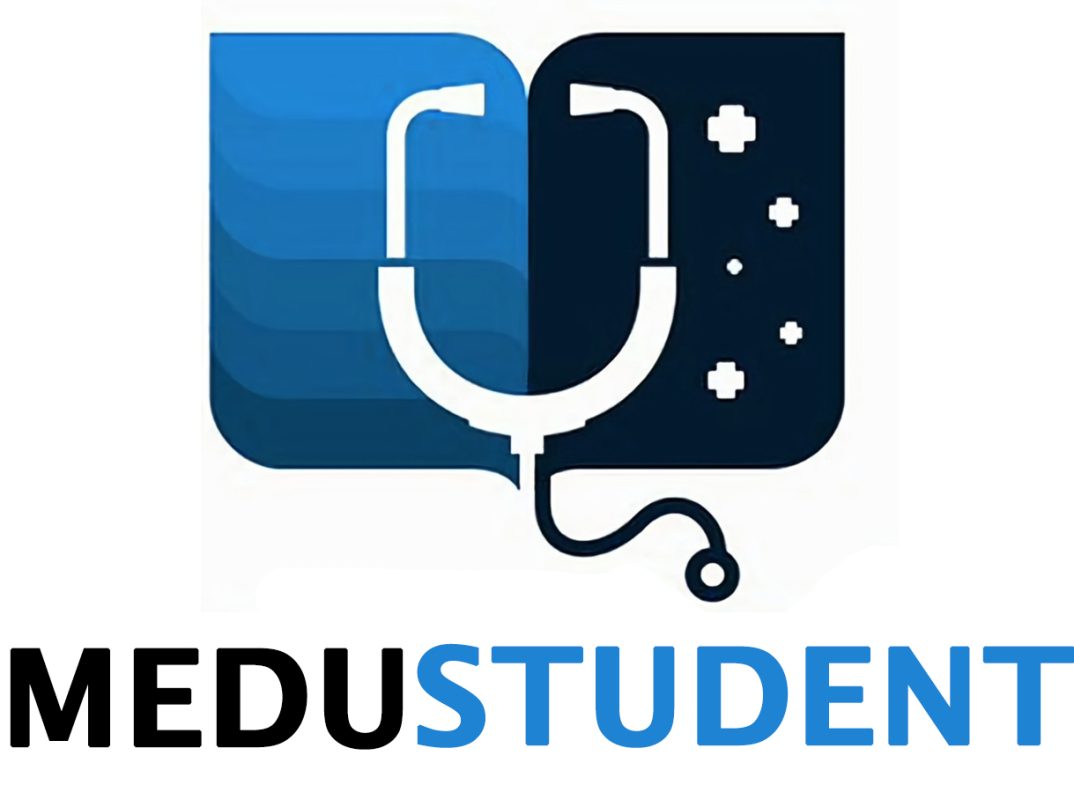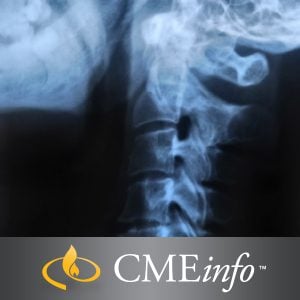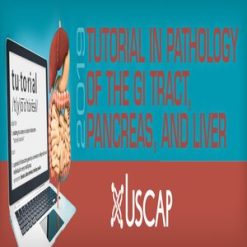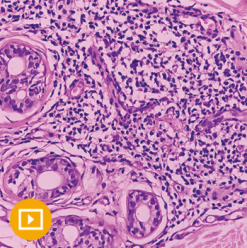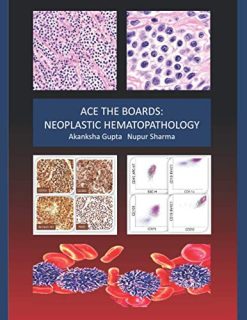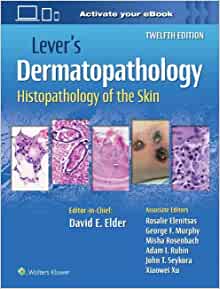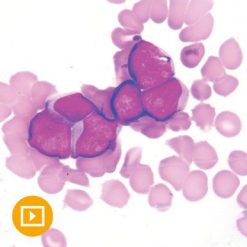Head and Neck Pathology 2014 (CME Videos)
$10,00
Samples for Courses Can be found here : Free Samples Here!
Head and Neck Pathology 2014 (CME Videos)
Head and Neck Pathology Develop enhanced knowledge of head and neck pathology classifications and techniques with this easily accessible CME program. Ideal for MOC.
Head and Neck Pathology 2014 (CME Videos)
The Oakstone Institute Clinical Update
Head and Neck Pathology Develop enhanced knowledge of head and neck pathology classifications and techniques with this easily accessible CME program. Ideal for MOC.
Learn from Pathology Authorities
Head and Neck Pathology is led by Course Director, Ivan Damjanov, MD, PhD of The University of Kansas. He is joined by other highly experienced pathologists, who provide insights on a range of subjects, from Nasopharyngeal Lymphomas to Molecular Classification of Salivary Gland Carcinomas.
Together, these discussions cover the most important aspects of pathology of the oral cavity, nose and nasal sinuses, pharynx, larynx, neck, thyroid, parathyroid, paraganglia, and head and neck lymphoid tissue. Throughout the program, special emphasis is given to new classifications, identifications of new entities, the use of immunohistochemistry, and molecular biology techniques.
TOPICS
- Thyroiditis and Related Conditions – Ivan Damjanov, MD, PhD
- Fine Needle Aspiration Biopsy of Salivary Gland Lesions – Fang Fan, MD, PhD
- Fine Needle Aspiration Biopsy of Thyroid Tumors and Related Lesions – Fang Fan, MD, PhD
- Squamous Cell Carcinoma of the Head and Neck, Precursors and its Variants – Nina Gale, MD, PhD
- Nasopharyngeal Lymphomas – Anamarija Morovic Perry, MD
- Parathyroid Glands, Paragangliomas and Soft Tissue Lesions of Head/Neck – Kyle Perry, MD
- Thyroid Tumors-Common Benign and Malignant Tumors – Kyle Perry, MD
- Thyroid Tumors-Less Common Entities – Kyle Perry, MD
- Benign Tumors and Pseudotumorous Non-Neoplastic Lesions of Salivary Glands – Roderick HW Simpson, MD
- Classical Conventional Classification of Salivary Gland Tumors – Roderick HW Simpson, MD
- Malignant Sinonasal Tumors – Roderick HW Simpson, MD
- Benign Sinonasal Tumors and Non-Neoplastic Pseudotumorous Lesions – Alena Skalova, MD, PhD
- Molecular Classification of Salivary Gland Carcinomas – Alena Skalova, MD, PhD
- Review-Consensus Talk on Salivary Gland Tumors Malignant – Alena Skalova, MD, PhD
- Dentigerous Cysts and Related Oral Lesions – J. Craig Whitt, DDS, MS, MBA
- Dentigerous Tumors and Related Conditions – J. Craig Whitt, DDS, MS, MBA
Learning Objectives
Upon completion of this activity, the participant will be able:
- Discuss the most recent histopathological classifications of oral, laryngeal and pharyngeal tumors, with special emphasis on the latest recommendations of the experts of WHO, including making a correlation between histopathology and the response of these tumors to therapy; as well as recent advances in the understanding of dental tumors and related conditions (such as e.g., cysts)
- Discuss the main features of salivary gland tumors and related conditions, including recent classifications of salivary gland tumors and newly recognized subtypes, along with demonstrating an understanding of the biology and molecular genetic basis of salivary glands for the modern classification and treatment of these tumors
- Discuss and illustrate the value of diagnostic fine needle aspiration biopsy of head and neck lesions
- Discuss and review the most salient pathologic features of the thyroid, parathyroid and paraganglia of the neck and to illustrate the diagnostic difficulties, including pathology of neoplastic and non-neoplastic diseases affecting these organs
- Discuss the most important aspects and the most common forms of head and neck lymphoma, including the difficulties one might face in correctly diagnosing these neoplasms
Intended Audience
-
- Hospital and laboratory based diagnostic pathologists, as well as academic pathologists and pathology residents
- ENT and oral/dental surgeons and oncologists and their residents
- Medical oncologists and oncology fellows
Disclaimer
Participants must always be aware of the hazards of using limited knowledge in integrating new techniques or procedures into their practice. Only sound evidence-based dentistry should be used in patient therapy.
This activity meets the American Board of Pathology’s Maintenance of Certification (MOC) requirements for Part II (CME and SAMs) Lifelong Learning and self assessment.
Date of Original Release: April 1, 2014
Date of Credit Termination: April 1, 2017
Estimated Time to Complete: 13 hours
Related products
OBSTETRICS & GYNECOLOGY
USCAP Contemporary Issues in Breast Pathology 2022 (CME VIDEOS)
DERMATOLOGY
INTERNAL MEDICINE
